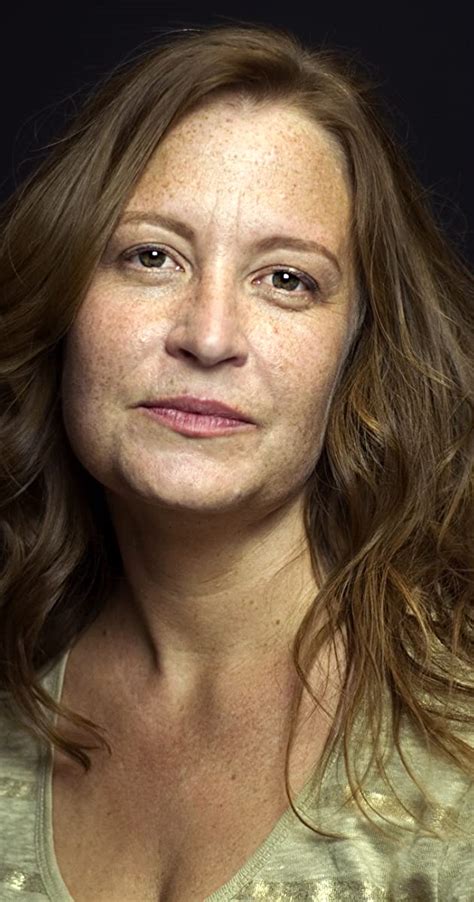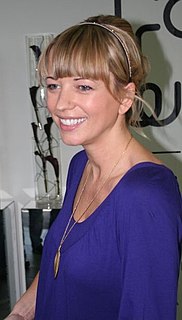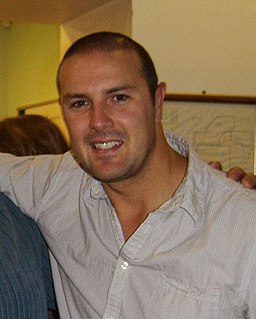A Quote by Carly Fiorina
You can find lots of people like you through technology, and women in particular like communities.
Quote Topics
Related Quotes
Find something you love and commit. Commit 100%. Put your head down, and work as hard as you can. Make it as best you can, and that's all you can really do. It doesn't sound like much, but lots of people don't do the work. And it's not men or women. Lots of people like to be the director, but don't like to do a lot of the work that is sometimes quite tedious.
The world has changed - through technology, through wine-making techniques, the quality of wine is greater than it's ever been. Whereas ten, fifteen years ago it was very easy to find lots of bad wine, it's kind of hard now. The technology, the science - it's like, are you kidding? We're in the golden years of wine!
Cutting through complexity to find a solution runs through four predictable stages: determine a goal, find the highest-leverage approach, discover the ideal technology for that approach, and in the meantime, make the smartest application of the technology that you already have - whether it's something sophisticated, like a drug, or something simpler, like a bednet.
We can create the sensation of community through the accrual of actions, and that's often the clichéd way that storytelling is talked about, as someone taking a solo, and that's great for lots of reasons. But I don't really like to feel like I'm forced to listen to it in a certain way, or that there is one master reading of performance. I think what we want from performance is multiplicity, which is lots of ways in and through it, because it's for lots of people, and it was created by lots of people, often.
There are constraints on what counts as "Reformed." It's more than a name or a label. It's about belonging to a particular theological stream or tradition, which is shaped in important respects by particular thinkers and their work, particular arguments and ideas, a particular community (especially, particular church communities, denominations, and so on), particular liturgies or ways of worshipping and living out the Christian life, and particular confessions that inform the practices of these communities.
People always think of technology as something having silicon in it. But a pencil is technology. Any language is technology. Technology is a tool we use to accomplish a particular task and when one talks about appropriate technology in developing countries, appropriate may mean anything from fire to solar electricity.
Writers in the nineteenth century - people like George Eliot and Flaubert - were accustomed to addressing particular communities with which they shared not only linguistic meanings but also an experience and history. Those communities have progressively split in the twentieth century, and grown more heterogeneous, and writers emerging from minority communities have found themselves addressing audiences closer to their experience and history - a phenomenon derided by conservative white men as identity politics and multiculturalism in the arts.
Latino actors and actresses have had to struggle for decades, but when I came around with Real Women Have Curves, attitudes were starting to change. We screened the film all over the world - in Jewish communities, black communities, Greek communities, German communities - and people across the board said, "That's my family."



































